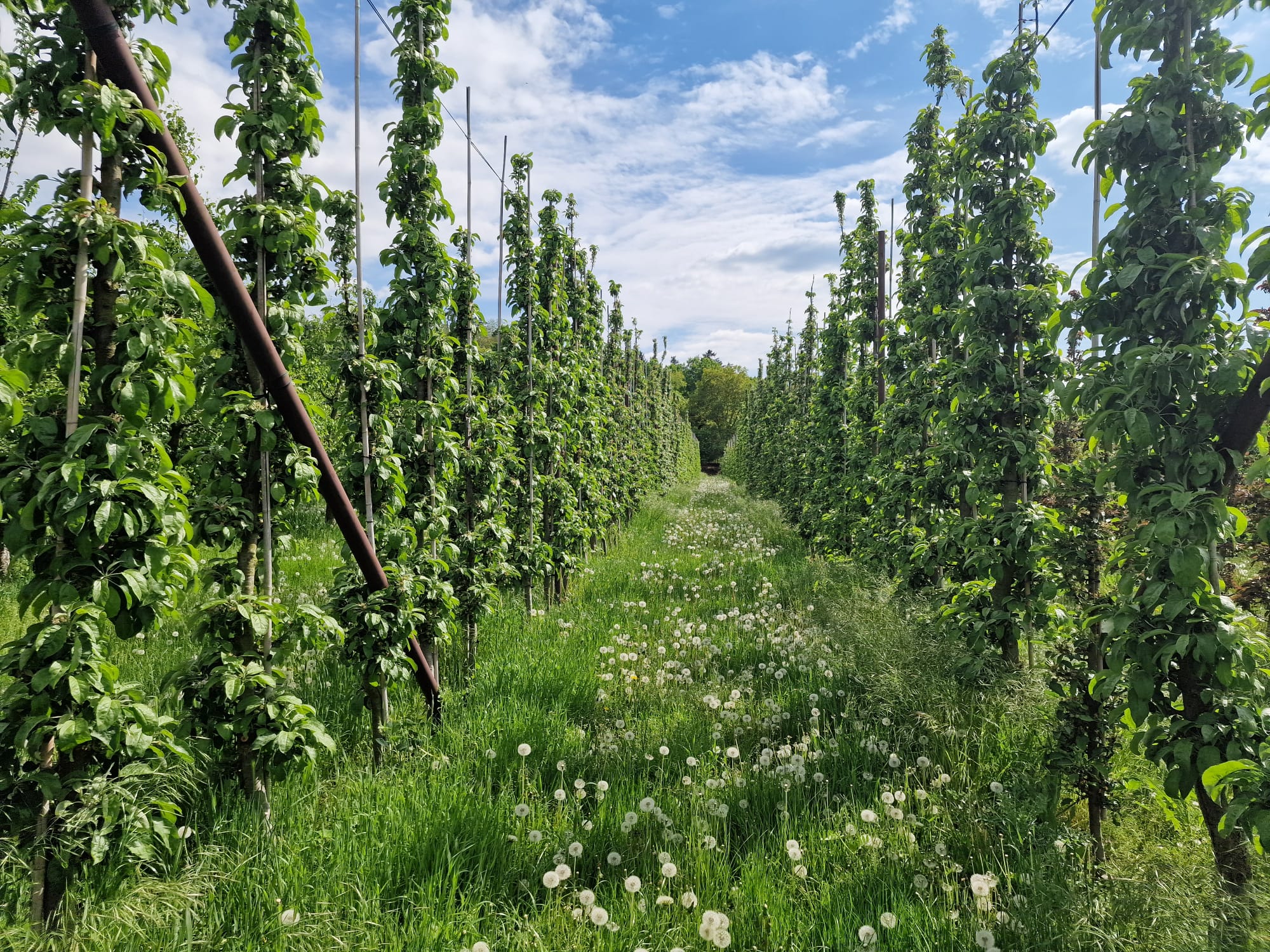In 2025, the Faculty of Tropical AgriSciences at the Czech University of Life Sciences Prague (FTA CZU) significantly advanced its collaboration with the Technical University of Moldova (UTM) through two key initiatives: an Erasmus+ mobility visit and the launch of a didactic vineyard, both strengthening academic cooperation and practical education.
Erasmus+ Mobility: Strengthening Academic Ties (May 3–11, 2025)
As part of the Erasmus+ KA-171 program, FTA CZU hosted a distinguished delegation from UTM. The delegation was composed of Prof. Sergiu Popa, Dean of the Faculty of Agricultural, Forestry, and Environmental Sciences, Prof. Mihai Moroz, Dean of the Faculty of Veterinary Medicine, and Dr. Andrei Zbanca, Lecturer at the Faculty of Economic Engineering and Business.
The visit significantly reinforced academic ties and initiated several collaborative research projects in the fields of precision agriculture, horticulture, veterinary sciences, food processing, and sustainable rural development. The program included an exchange of best practices, visits to CZU’s experimental centers and laboratories, and discussions about expanding Erasmus+ mobility opportunities for both students and staff.
Special thanks go to Assoc. Prof. Dr. Tatiana Alexiou Ivanova, the Erasmus+ KA-171 project guarantor and CzechAid coordinator in Moldova, for her excellent organization and support throughout the visit.
More information here
UTM article
Strategic Investment in Modern Agricultural Education (June 2025)
In June 2025, UTM launched a transformative project at the Criuleni Research and Extension Station. Supported by the Moldovan government, the European Investment Bank through the “Livada Moldovei” program, and CZU Prague, the project includes the establishment of a state-of-the-art didactic vineyard and irrigation infrastructure.
The 4.80-hectare vineyard features 0.80 hectares of table grape varieties grown in pergola, gable, and monoplane systems, and 4.00 hectares of high-performing wine grape varieties. This facility offers students and young entrepreneurs the opportunity to gain hands-on experience in real-life conditions, access modern cultivation technologies, conduct applied research on climate change adaptation, and build direct connections with farmers and industry experts.
Future plans include establishing a 12-hectare didactic and research orchard in autumn 2025, installing advanced irrigation and anti-hail systems, and purchasing new agricultural equipment such as a tractor, seeders, and livestock machinery.


